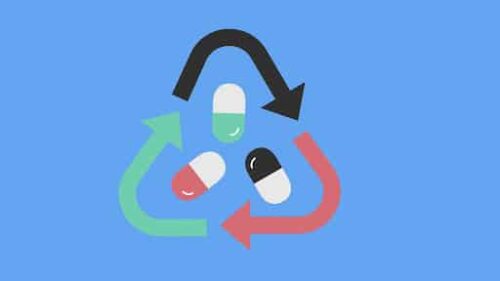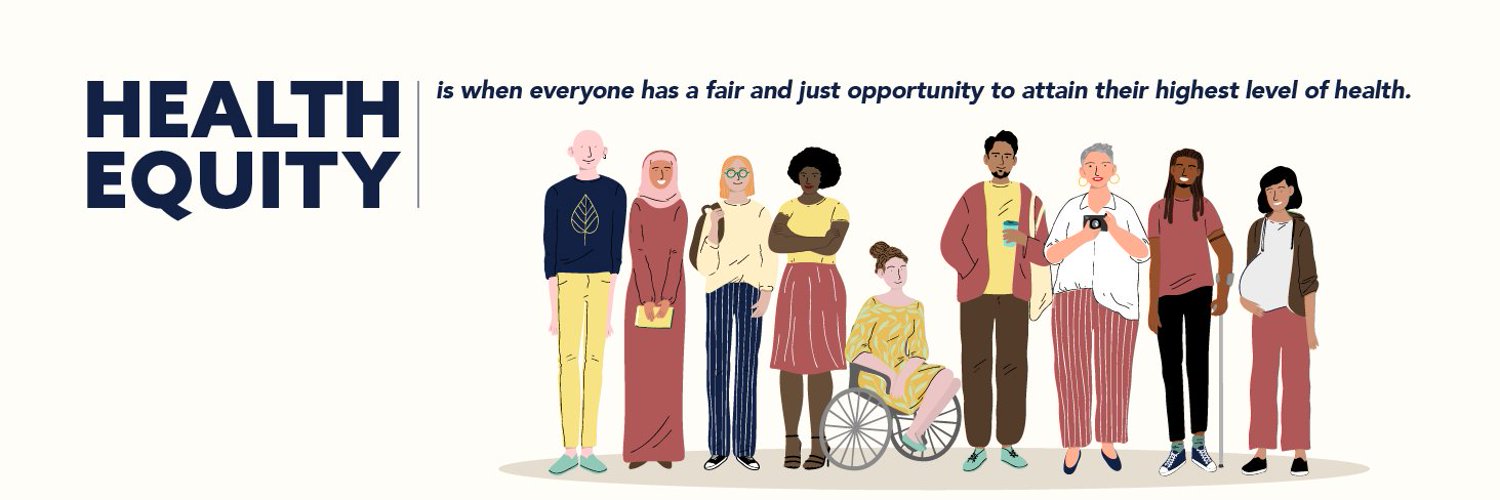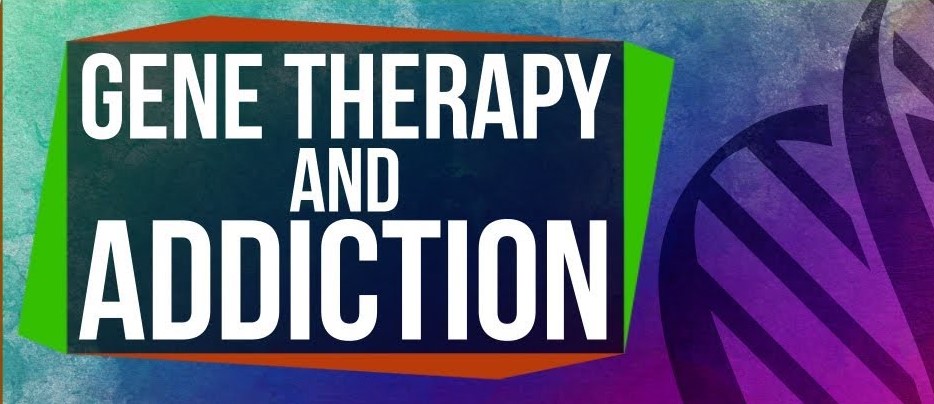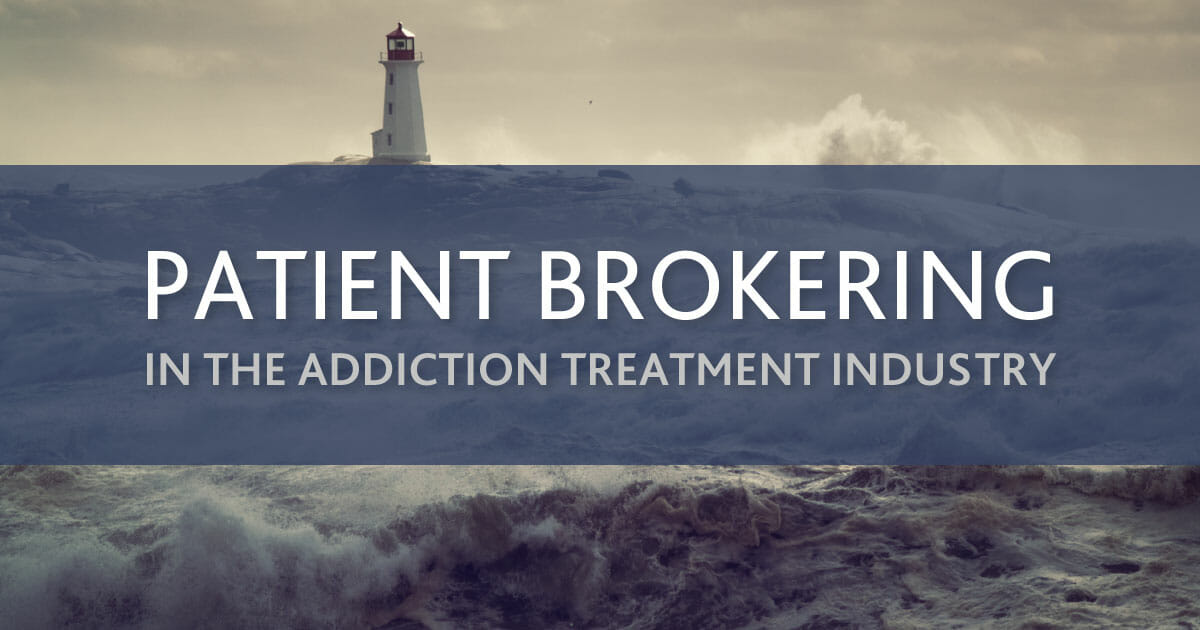Refusing to offer MAT
Denying MAT access is seen as both negligent and a civil rights violation under laws like the ADA. Facilities may face consequences for restricting or withholding MAT. Families can advocate through legal action and support networks, with help from legal aid and peer advocates. The High Cost of Denying MAT: Why Withholding Evidence-Based Addiction Treatment … Read more









